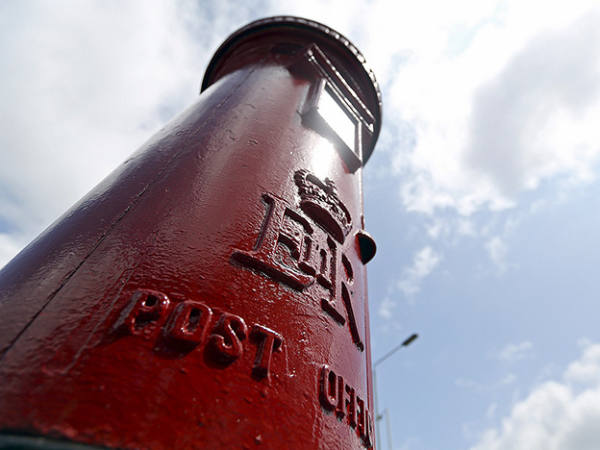More major companies could see their remuneration and governance under even greater scrutiny now the world's largest sovereign wealth fund has joined an increasing chorus of angry shareholder voices.
The $870bn (£600bn) Government Pension Fund of Norway (commonly known as The Oil Fund) has chosen not to vote on this type of issue before, but has now reviewed this stance amid the growing agitation being shown by shareholders in response to oversized chief executive payouts.
Several high-profile businesses have suffered damning votes, including BP (BP.), whose 20 per cent pay increase for chief Bob Dudley was voted against by nearly 60 per cent of shareholders. This vote was advisory only, but engineering group Weir (WEIR) was not so lucky. The FTSE 250 company saw 72 per cent of shareholders vote against its pay policy - the biggest show of ill-feeling in a binding vote on executive pay since they were introduced in 2013.
Other companies that have had a recent run-in with shareholders over pay include pharmaceutical company Shire (SHP), where nearly half of investors rejected its remuneration policy and commodities giant Anglo American (AAL) saw 42 per cent of votes against it on the same subject.
Both insurer Aviva (AV.) and bank Standard Chartered (STAN) were having their annual general meetings at the time of going to press while Reckitt Benckiser's (RB.) is on 5 May. The latter's chief executive, Rakesh Kapoor, is likely to face pressure over his £23m pay packet for 2015. Other notable showdowns this month are likely to include Man (EMG) and Royal Dutch Shell (RDSB).
The Norwegian fund told the Financial Times it would be looking for an example of a company to target publicly in the coming months.
Several UK fund management houses are also becoming more vocal on the topic and increasingly willing to show their voting record. Legal & General Investment Management (LGIM), the investment arm of insurance giant Legal & General (LGEN), recently stated it had voted against at least one resolution at 18 per cent of UK companies in 2015 and noted a rise in such dissent in Europe and the US.
In total, LGIM attended 545 company meetings in 2015, with 45 per cent of these meetings held with companies based outside of the UK. Sacha Sadan, director of corporate governance at LGIM, said the majority of adverse votes - 50 per cent of the total - cast by his company were against remuneration-related resolutions.
Royal London is also more transparently beating the shareholder drum. It recently said it would be voting for the Aviva remuneration policy, but against the annual remuneration report at Standard and Reckitt Benckiser.






